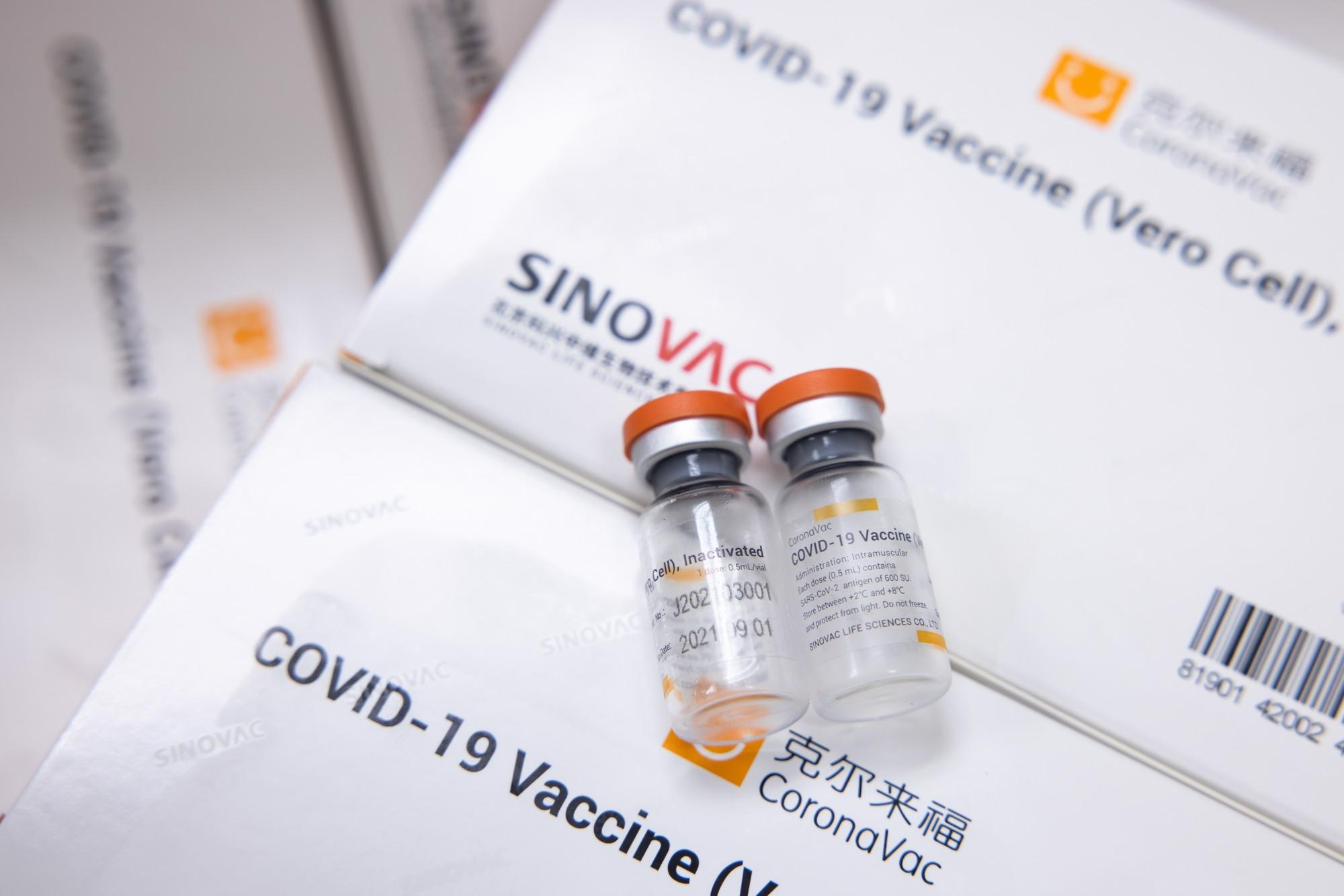On June 1, the World Health Organization approved the use of CoronaVac, China’s COVID-19 vaccine, to prevent severe acute respiratory syndrome coronavirus 2 (SARS-CoV-2) infection.
CoronaVac was shown in clinical trials to prevent severe COVID-19 illness along with showing a noticeable safety and immunogenicity profile. In countries such as Chile that have approved CoronaVac, research has shown an increase in neutralizing antibodies 2 and 4 weeks after vaccination.
However, more data has surfaced on the waning immunity of COVID-19 vaccines six months after vaccination. To combat this decline in protection, some countries have opted for booster shots to revamp the immune system.
In a recent study published on the preprint medRxiv* server, an international team of scientists tested CoronaVac as a booster shot and measured its effects on immunity. Their findings showed increases in neutralizing antibodies and T cell response.
CoronaVac works as an inactivated-virus vaccine. It is similar to traditional vaccines in that the dead virus is destroyed by the immune system where it learns to recognize it by creating antibodies specific to SARS-CoV-2. The CoronaVac vaccine is currently not approved by the U.S. Food & Drug Administration and the European Medicines Agency.
Neutralizing capacity of circulating antibodies after vaccination
About 129 participants who received two doses of the CoronaVac from January to March 2021 were recruited in the study. All participants also received a CoronaVac booster shot.
The highest point of neutralization occurred two weeks after the second vaccine dose. However, neutralizing capacity declined 4 weeks after the second dose and continued to decrease 5 months after full vaccination.
After the participants received the booster shot, the neutralizing antibodies increased and exceeded the highest peak first observed after the second shot.
Specifically, the booster incurred a 12-fold increase in neutralizing antibodies compared to the neutralizing capacity observed 5 months after the second dose. In addition, neutralizing capacity after the booster shot was 2-fold higher than neutralizing capacity 2 weeks after the second dose.
The peak of neutralizing capacity was four weeks after the booster shot. The booster shot’s peak was 18-fold higher than what was seen 5 months after the second dose. Additionally, the peak of neutralizing capacity after a booster was 4-fold higher than 2 weeks after the second dose.
Seropositivity after full vaccination was 100% in participants but after 5 months, seropositivity plummeted to 49.4% in the vaccine group overall and 35.7% in adults 60 years and older.
Seropositivity increased back up with its highest levels four weeks after the booster shot.
Four weeks after, seropositivity increased back to 97.4% in the entire vaccine group. In older adults, seropositivity rose to 95.2%.
Cellular responses following the CoronaVac booster shot
The research team observed a significant increase in CD4+ T cell activation in participants of all ages who received the CoronaVac booster.
However, CD4+ T cell activation remained significantly high 5 months after the second CoronaVac dose, indicating that vaccination by itself had continued to promote CD4+ cell responses as time progressed.
CD4+ T cell levels were the highest 4 weeks after administering the booster dose.
A significant elevation in CD8+ AIM+ T cells after the booster shot was also observed. There was no significant increase in IFN- γ, suggesting that CoronaVac stimulates reduced CD8+ T cell responses.
“Our results suggest that a third dose of CoronaVac® supports CD4+ T cell activation, which may confer either protection or enhanced immune responses against the virus and prevent severe disease following SARS-CoV-2 exposure,” concluded the researchers.
Study limitations
The study design overall had a reduced sample size when analyzing neutralizing capacity of antibodies against SARS-CoV-2 with assays. As a result, samples with undetermined concentration at the lowest dilution tested at 1:4 were assigned a lower limit of quantification.
Information measuring the total antibody response of the SARS-CoV-2 spike protein and other SARS-CoV-2 proteins would provide more insight into the humoral immune response after a booster COVID-19 shot.
*Important notice
medRxiv publishes preliminary scientific reports that are not peer-reviewed and, therefore, should not be regarded as conclusive, guide clinical practice/health-related behavior, or treated as established information.
